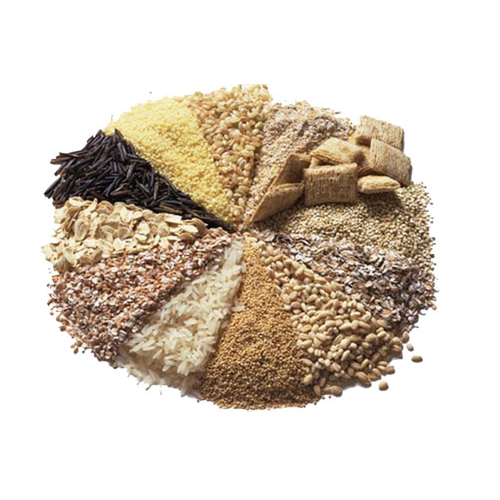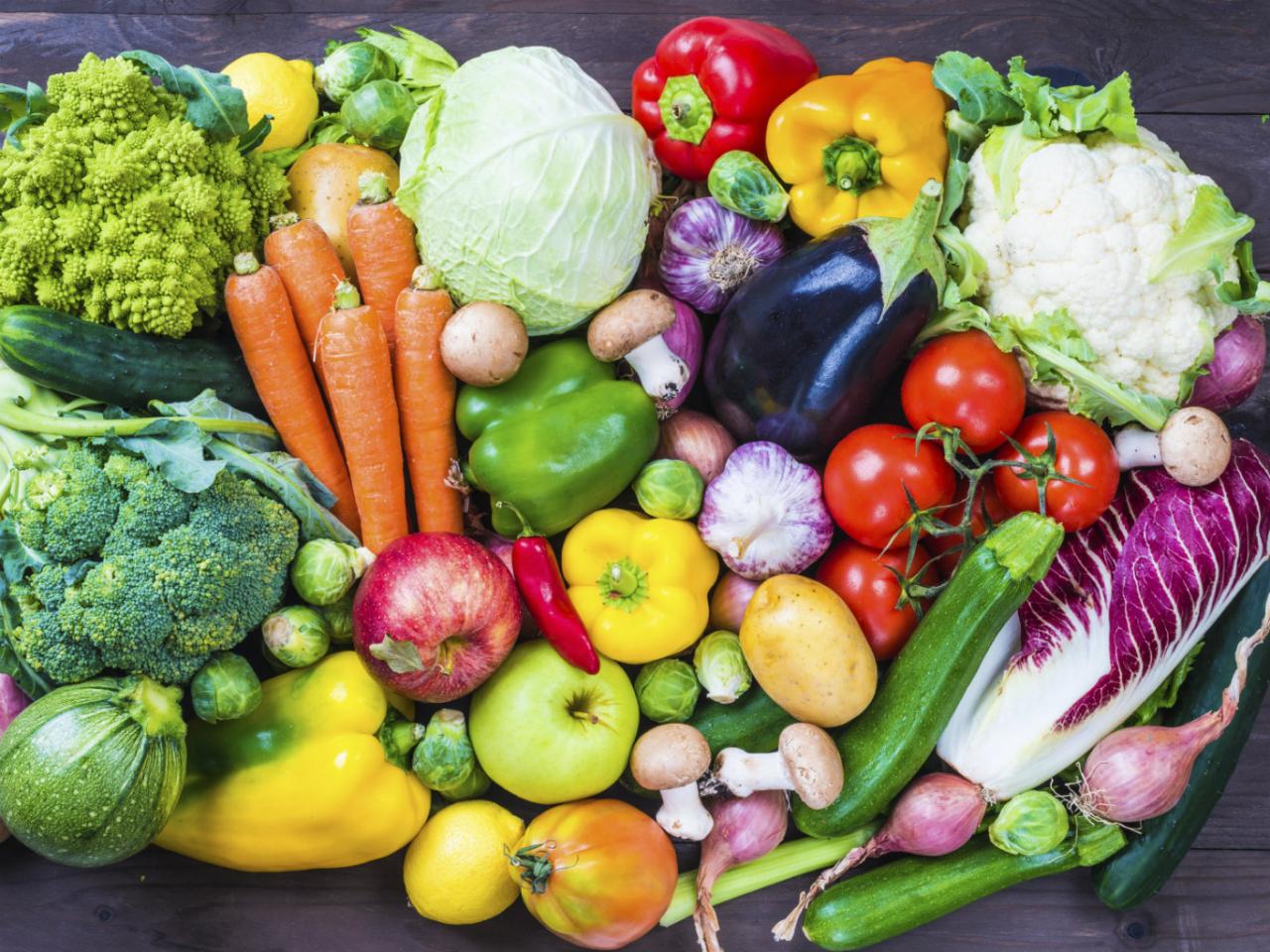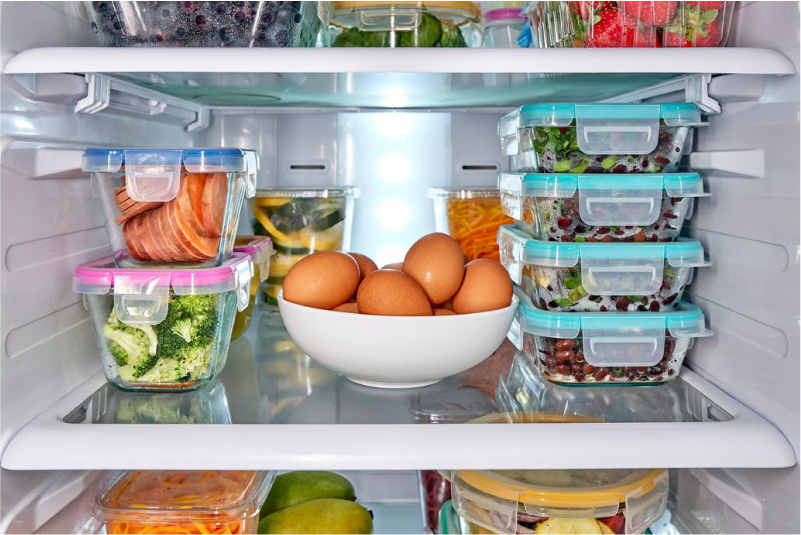How to store food without waste
Healthy and conscious eating goes far beyond sitting at the table. It starts with the choices we make when shopping and also when saving them. Generally, much of what is purchased is not consumed on the same day. To prevent food from spoiling and ending up in the trash, you need to store it in the best possible way. Keeping an eye on food safety, nutritionist shares simple tips on how to store grains, meats and vegetables without having to store or waste fresh food.
Grains
According to the nutritionist, raw grains do not need to be refrigerated. Ideally, they should be stored in dry, well-closed packages, protected from sunlight and kept in cool places. After the beans are cooked, it is important that the storage be done under refrigeration. If consumption is long after purchase, it is necessary to freeze.

Carnes
If the consumption is not immediate, the nutritionist’s advice is to take all types of meat to the freezer. It is also important to remember that the meat must be thawed gradually under refrigeration. That is, nothing to put the tray out of the refrigerator. At room temperature, the risk of bacteria proliferating increases.
Vegetables
When raw, they can be kept out of the refrigerator and, once cooked, must be refrigerated. To freeze the vegetables with more quality after cooking, the ideal is to dip them in ice water and immediately after freezing, a technique called blanching. Another tip from the nutritionist is to take them to the freezer always al dente, so that when they are heated, they finish cooking. Otherwise, they can pass the point and gain a texture that is too soft.

Which containers are most recommended
According to the specialist, glass jars, “open and close” bags or plastic pots free of BPA (Bisphenol A) are the best options. At high temperatures, this substance present in some plastic packaging is released into the food, which is harmful to health. Some products like honey and tomato sauces are sold in airtight glass jars. Reusing them after proper cleaning is a way to avoid having to buy many pots.
Mistakes to leave in the past
The main mistakes when saving your purchases are in damp pots or that do not close properly. It is very important to make sure that the containers are dry, clean and with lids up to date before placing fresh food. Another concern of the nutritionist are purchases in disproportionate quantities – which generate waste, since the family is unable to consume everything during the period of validity of the products -, in addition to supplying neighborhoods and cities, which may have problems if everyone decides to stock up on food.


